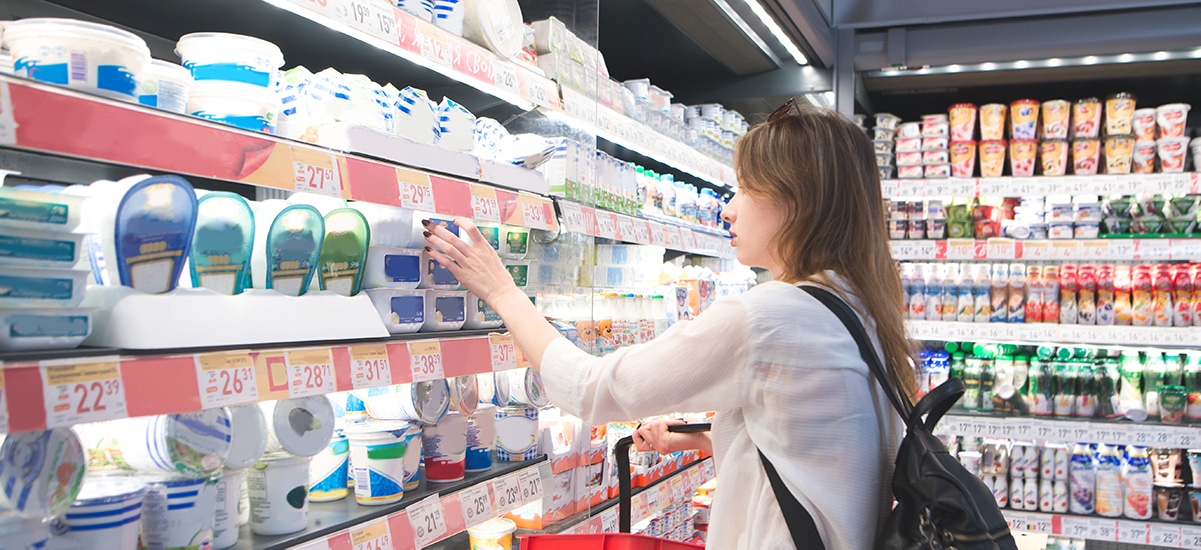
Label changes to products on Australian shelves – what it all means
The Australian Government is currently in the process of negotiating with the EU over a free trade deal. Sounds great, doesn’t it? Australia will have free and open access to a market of over 500 million consumers. Consumers who have a collective purchasing power of several billion dollars. But what’s the outcome and changes for the future?
The EU has a system of geographical indicators for food products, to protect local producers and growers. It’s sort of a rural ‘intellectual property’ concept, which prevents producers from being caught up in a global commodity war, competing over price with producers from other countries.
For instance, the name Champagne can only refer to wine made in the Champagne region of France.
Therefore, we now refer to sparkling wine as ‘sparkling’, as it was not produced in the Champagne region. That change originated from a previous deal in the EU, and really had little effect on purchase behaviour.
However, as part of the terms of this new trade deal, the EU wants to ban over 200 different types of food names. Some of them are pretty obscure and specific, such as the product Prosciutto di Parma. Some are less so, such as Feta, Gruyere and Scotch – which, unsurprisingly, is a geographic indicator for the Scottish.
This is creating a massive headache for Australian cheese and alcohol producers in particular. The main worry being that consumers won’t recognise the renamed products on their shelves, which will have to be completely rebranded and advertised.
Many suggestions have been circulating over what to rename, for instance, a product like Feta? Because a product name like that is so ingrained in our culture that calling it something else seems unthinkable. They say a rose by any other name would smell as sweet, but the real question is, would it taste the same?
The Australian government are currently negotiating a rename of Fetta to Australian Feta, which is perhaps the most logical option to minimise buyer confusion.
The EU also came up with interesting suggestion that we call it ‘Feta-like’ cheese, which likely will not be the winner.
Any of these options however, represent a serious issue for Australian producers. No matter the outcome, they will face a serious hurdle in getting the Australian public, and indeed global consumers to recognise their products for what they are, once renamed.
It would be easy for many to view them as a re-named, low quality alternative of ‘the real thing’. Many fear they may consequently lose business to European competitors.
It may be worth the difficulties, if a favourable free trade deal with the EU is reached, as this could provide a wealth of new opportunities for business right across Australia. However, it will still be a difficult transition for many Australian food producers.
Equipping the food industry to grow with food processing and packaging solutions
call 1300 88 99 51
email [email protected]
room 35 Shirley Way, Epping VIC 3076
room 9 Mcilwraith St, Wetherill Park NSW 2164
room 21 Hoyle Rd, Hope Valley WA 6165
room 27 Beal Street, Meadowbrook QLD 4131
room 7 Chadderton Bvd, Epping VIC 3076
room 40 Logistics Boulevard, Kenwick WA 6107
room 25 Hayton Road, Wigram, Christchurch 8042, NZ
Connect with us on LinkedIn
